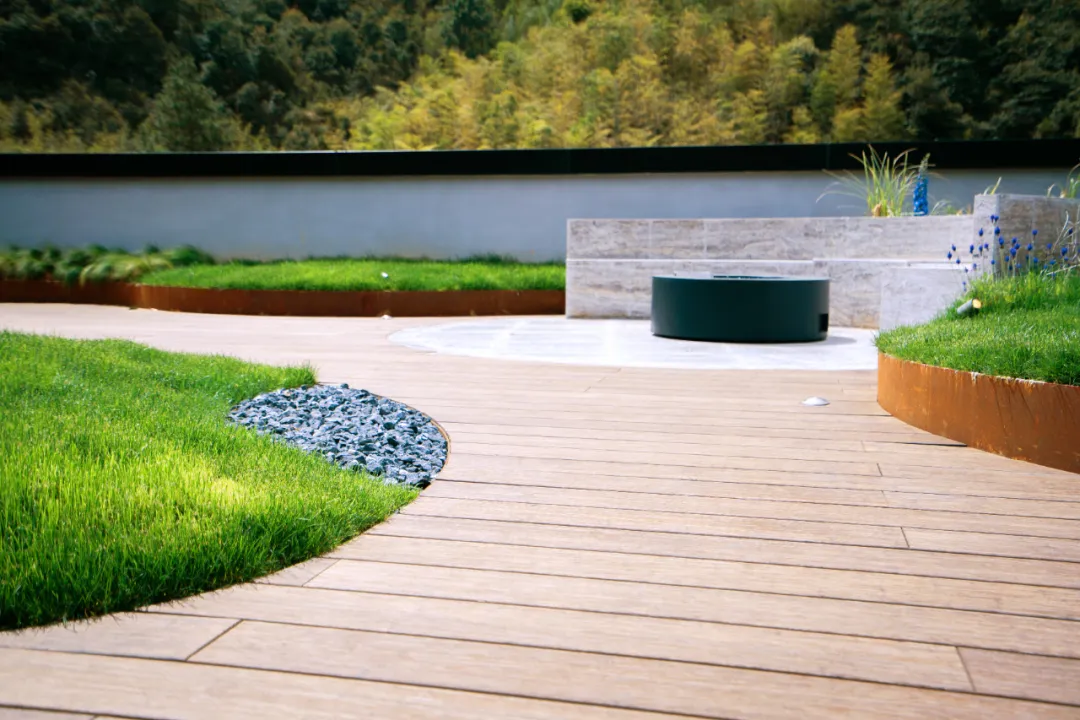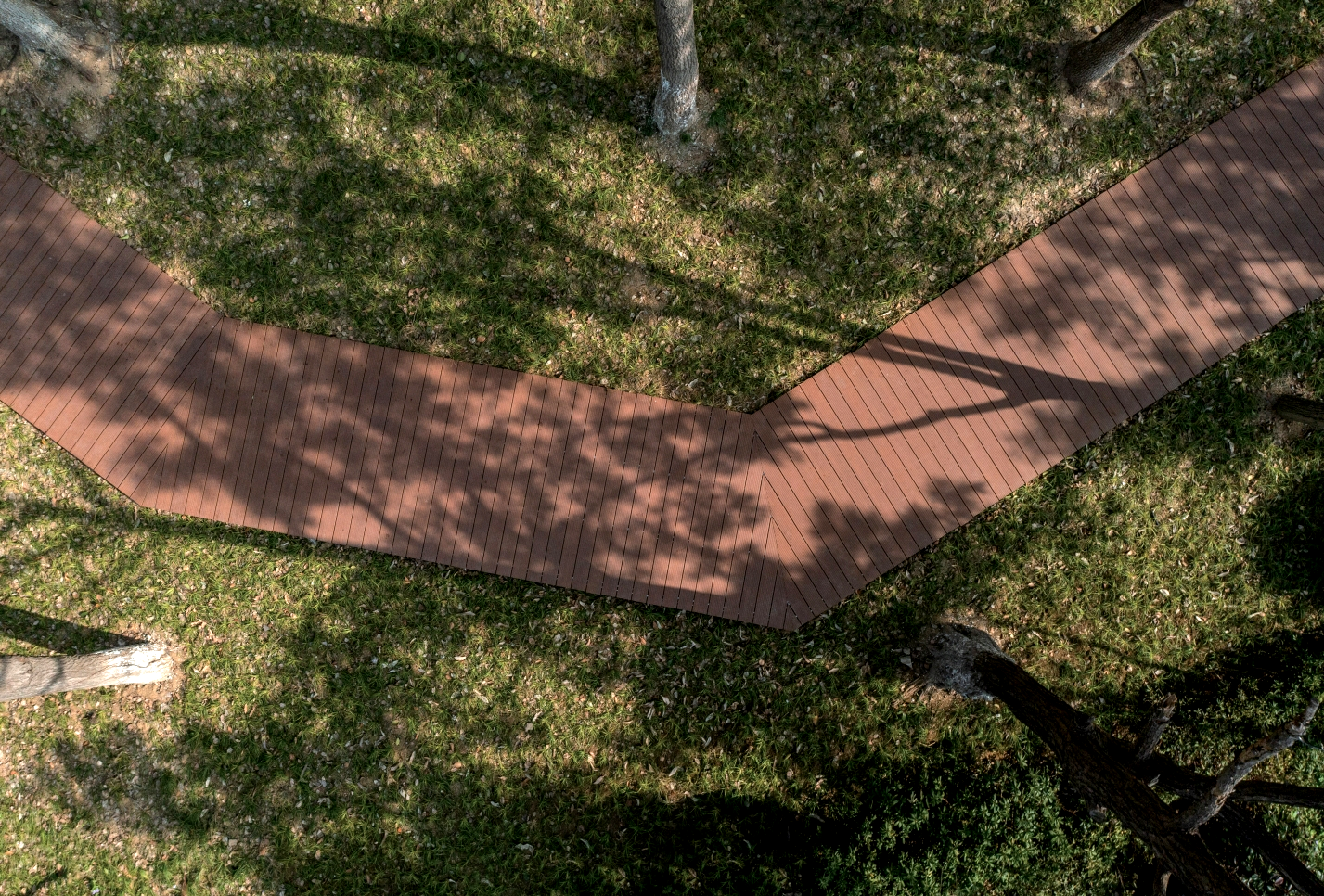Sustainability at ZHUART
Replacing plastic with bamboo – innovating for a greener future
Our Sustainability Commitment
Sustainability is at the heart of our business. By using renewable bamboo to replace traditional materials like plastic and tropical hardwood, we aim to lower environmental impact while meeting the growing global demand for eco-friendly solutions.
Carbon Footprint Reduction
Bamboo grows very quickly and absorbs more CO₂ during its growth than is released during processing, making it a carbon-neutral material. By using bamboo, we help reduce greenhouse gas emissions across the product lifecycle.
Sustainable Sourcing
All our bamboo is harvested from responsibly managed forests and is 100% FSC-certified. Our commitment to full chain-of-custody traceability ensures that sustainability begins at the source.
Responsible Production
As an ISO 14001-certified company, we prioritize energy-efficient and eco-conscious manufacturing at every stage of production. Our factory boilers are powered 100% by biomass fuel.
Zero Waste Manufacturing
Our production process achieves a 90%+ raw material utilization rate, nearly twice the efficiency of conventional timber processing. Remaining bamboo residues are converted into biomass fuel, powering factory operations while reducing emissions.
Why Bamboo?
Bamboo is one of the most sustainable materials on Earth, offering unique benefits for both the environment and the construction and home furnishing industries.
Deforestation Solution
As one of the fastest-growing plants on Earth, bamboo can grow up to 35 inches (90 cm) per day. Unlike hardwoods, which take decades to mature, bamboo reaches maturity in a few years and regenerates naturally without replanting, providing a constant supply and preserving forests.
Ecosystem Contributions
Bamboo forests prevent soil erosion, support biodiversity, and enrich soil quality, making them an essential part of sustainable land use.
Natural Carbon Storage
Bamboo forests are highly effective carbon sinks, storing more CO₂ than many other forests, including tropical rainforests. Studies have shown that moso bamboo forests can sequester between 6.0 and 7.6 million tonnes of carbon per hectare annually.
Superior Strength & Durability
Carbonized bamboo offers higher resistance to decay and pests than most hardwoods, ideal for sustainable construction and home furnishing.
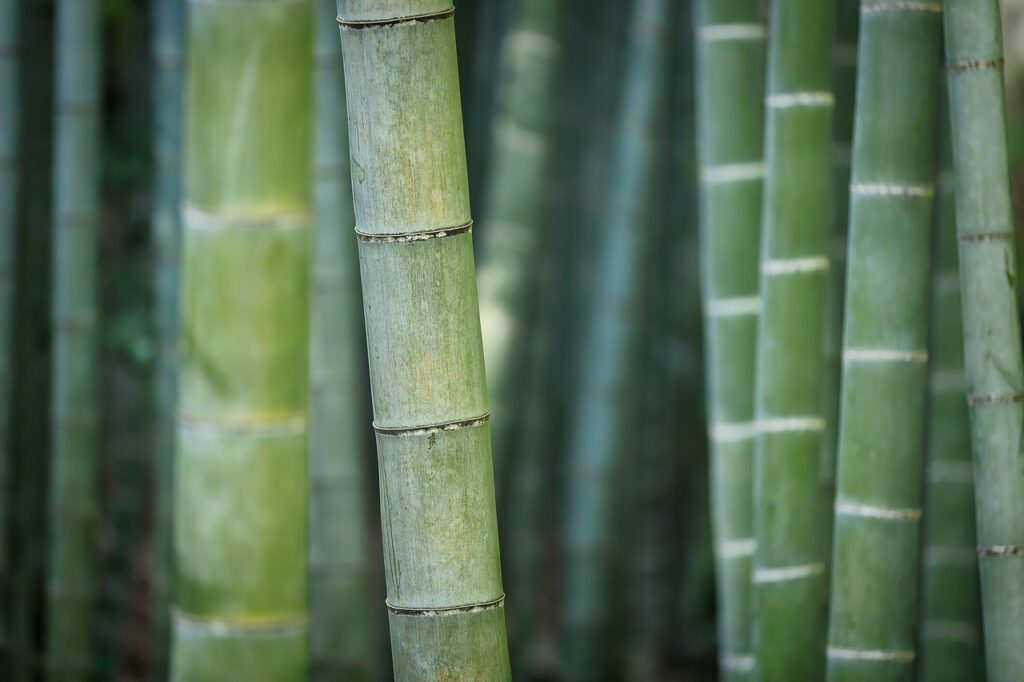
“Bamboo, a rapidly growing woody grass prevalent in pan-tropical zones, holds promising potential as a nature-based solution (NbS) for climate change mitigation.”
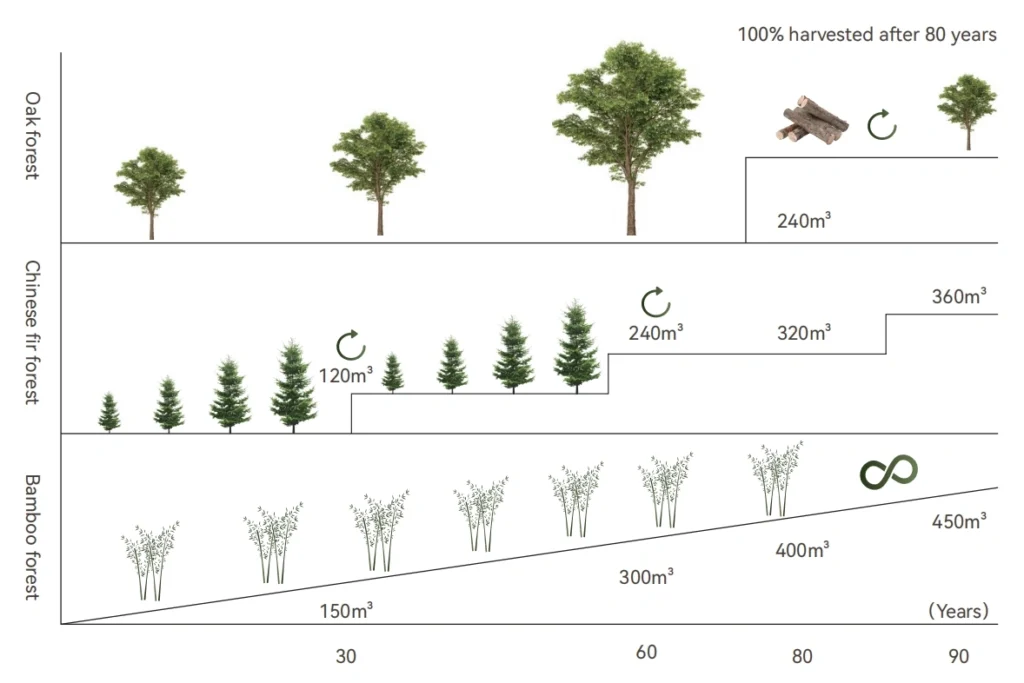
Bamboo vs. Wood: A Sustainable Growth Comparison
Bamboo is a perennial grass that matures in just 4–6 years and grows up to one meter per day. Its underground root system expands by 3% annually, allowing yearly harvests without replanting.
In contrast, oak and fir trees take 30–80 years to mature and require replanting after each harvest. Forest recovery is slow and resource-intensive.
This chart illustrates bamboo’s superior yield and renewability. Over time, bamboo forests produce significantly more material than traditional timber, with less environmental impact.
Bamboo’s Carbon Cycle: From Growth to Neutrality
Bamboo absorbs large amounts of CO₂ during growth and continues to store carbon after processing. Even when recycled, bamboo products retain sequestered carbon. Processing may release CO₂, but residues are used as biomass fuel, returning carbon to the natural cycle.
Over its lifecycle, bamboo stores more carbon than it emits, making it a truly renewable, low-impact material that supports carbon neutrality.
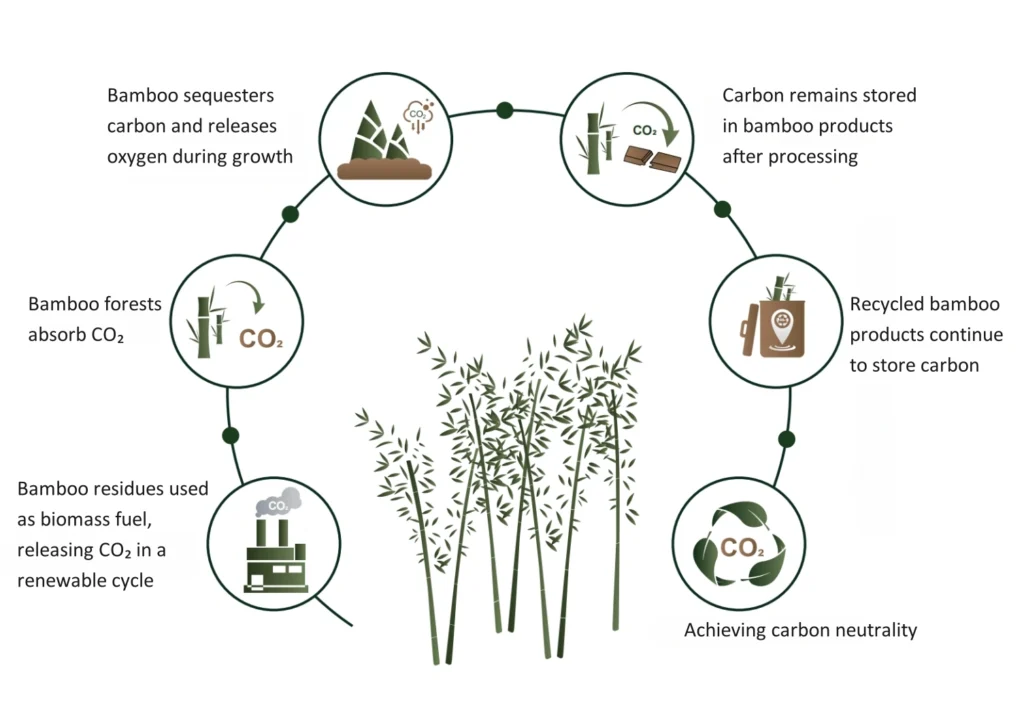
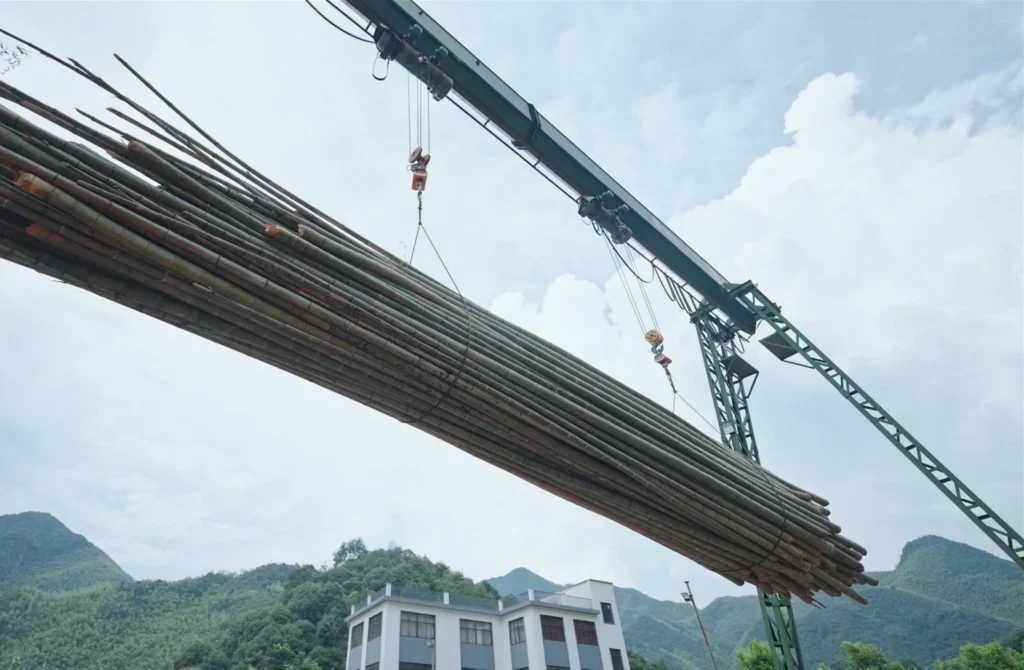
Carbon Footprint: A Net Positive Impact
Studies suggest that managed bamboo forests can absorb between 12 to 17 tons of CO₂ per hectare per year, depending on species and conditions. Even after processing, the overall carbon footprint of bamboo products remains significantly lower than that of hardwood or WPC.
For every cubic meter of ZHUART thermo bamboo produced, the associated carbon footprint is 2225.81 kg CO₂ equivalent (certified under ISO 14067). This is offset by the substantial carbon sequestration during bamboo’s growing cycle, resulting in a measurable net reduction in atmospheric CO₂ over the product lifecycle.
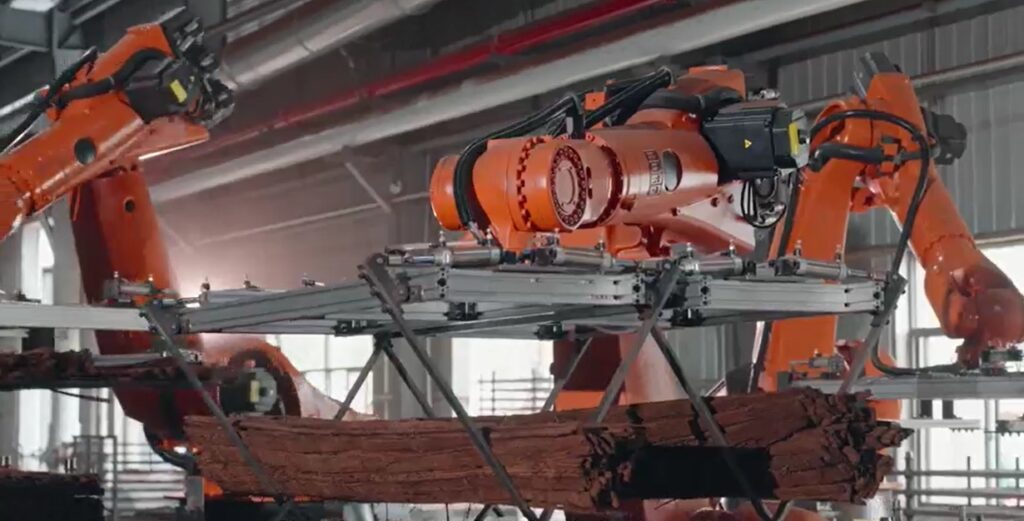
Innovation-Driven Sustainability
Sustainability is more than just a commitment to eco-friendly materials. It’s about embedding green innovation into every aspect of our production. Our goal is to minimize our environmental footprint while maximizing efficiency in manufacturing.
Key Practices
Maximized Material Utilization
Through close collaboration with equipment developers, we’ve engineered a production process that achieves over 90% raw material utilization, more than double the efficiency of traditional methods.
Biomass Energy Solutions
Our $1.5 million thermal energy center converts bamboo residues into renewable biomass energy. Our factory boilers are powered 100% by biomass fuel. This closed-loop system significantly reduces reliance on fossil fuels and lowers overall emissions.
Automation and Digital Transformation
We replace labor with automated machinery in demanding operational scenarios, while also exploring digital solutions to streamline workflows and further reduce energy use.
Circular Economy and Resource Efficiency
Our commitment to sustainability extends to resource conservation and waste management to promote a sustainable circular economy.
Key Initiatives
Recycling and Waste Management
We ensure comprehensive waste separation, responsibly recycling materials like packaging. Non-recyclable waste is managed by certified companies in compliance with strict environmental standards.
Sustainable Production Practices
Production waste is repurposed or processed to minimize environmental impact, aligning with our goal of zero-waste manufacturing.
Workplace Sustainability
We encourage energy-saving habits among employees, such as reducing electricity, water, and paper usage, to promote sustainability in daily operations.
Join Us in Building a Greener Future
ZHUART products offer a sustainable, eco-friendly alternative to traditional plastic and wood materials. Together, we can reduce environmental impact, combat climate change, and create beautiful, durable spaces for generations to come.

